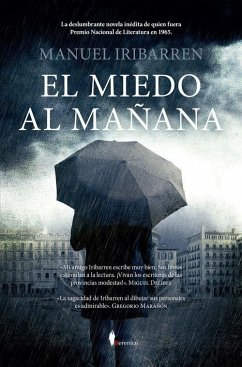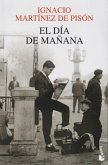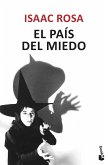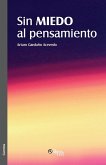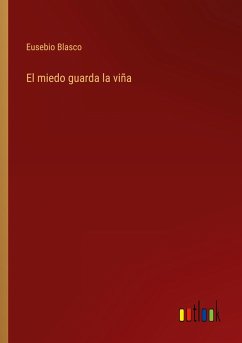The unpublished novel by the former disciple of Jacinto Benavente, friend of the Alvarez Quintero brothers, Antonio Machado, Miguel Delibes, Gonzalo Torrente Ballester, Pedro Laín Entralgo, Eugenio d'Ors, Dionisio Ridruejo and Luis Rosales... Valentín, 55 years old, a rentier and a loner, has been ruined playing in the stock market since his native Pamplona, in the middle of the sixties. Never having worked, his life as a well-to-do bachelor is about to fall apart in eight months, according to his precise calculations. With a sterile existence marked by failure, he painfully recalls his failed relationship with Mercedes and many other women, whom he has always treated cruelly. Faced with the lack of a future, Valentin is torn between desperate plans: To run away, to commit suicide, to work, even? These are options that a perfect egoist, incapable of love, is willing to consider in order not to lose the privileges of a life in danger of extinction. Meanwhile, Felipa, his patroness and discreet admirer, silently observes his profound decadence. In a dark and oppressive city, Valentín will face in solitude an implacable condemnation that will encircle and oppress him a little more each day.
Hinweis: Dieser Artikel kann nur an eine deutsche Lieferadresse ausgeliefert werden.
Hinweis: Dieser Artikel kann nur an eine deutsche Lieferadresse ausgeliefert werden.

